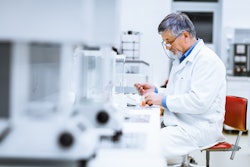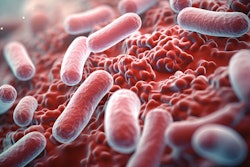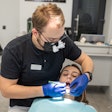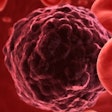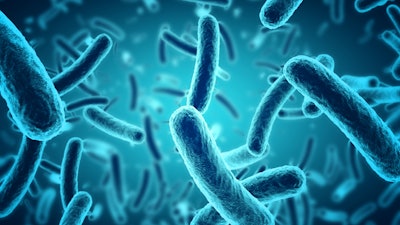
Researchers are conducting a clinical trial to determine whether an antimicrobial food additive found in cheese may be used to treat oral cell carcinoma, according to a news article from the University of California, Los Angeles School of Dentistry.
The trial builds on preclinical research that showed that the additive nisin shrank oral cancer tumors in mice, prolonging their lives without side effects or organ changes. Nisin not only preferentially killed oral cancer cells over normal cells but the bacteria that causes gum disease that also is associated with oral cancer, according to the university.
In January, phase I and II trials that aim to assess whether nisin can reduce oral cancer tumors, prevent their recurrence, and better the gum disease status of people began. In a phase III trial, the safety and effectiveness of nisin will be compared to the current standard of treatment for oral squamous cell carcinoma in hundreds to thousands of patients with various stages of the disease, according to the story.
The five-year study is being funded by a U.S. National Institutes of Health/U.S. National Cancer Institute grant. The trial has included several nisin-related patents filed with support from the UCLA Technology Development Group.
“Who would have thought that a molecule from a probiotic bacteria found in cheese would help the fight against oral cancer?” Dr. Yvonne Hernandez-Kapila, PhD, research leader and associate dean of research at the dental school, asked. “To our knowledge, our lab was the first group to report this property in scientific literature and the first group implementing a clinical trial on this subject.”
Researchers hope nisin has the potential to help in the treatment of other cancers, including mitigating the serious side effects linked to traditional treatments, including chemotherapy.




